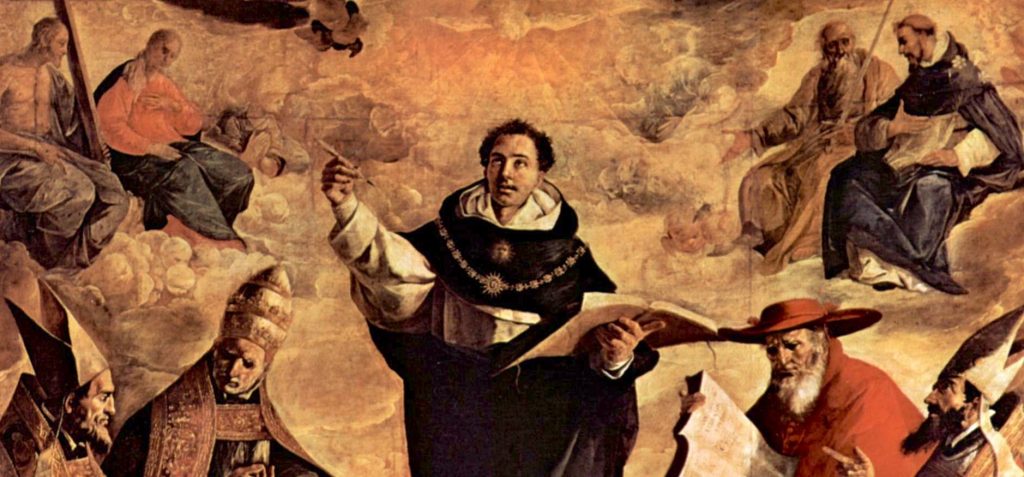The topic of this year’s Thomistic Seminar is law in its metaphysical, theological, and political significance. The seminar will cover St Thomas’s metaphysical conception of eternal and natural law, his theological discussions of the Old and the New Law, and his lesser-known political philosophy, as well as major readings from 20th-century political and legal philosophy (e.g. Hart, Dworkin, Raz), in order to answer the question: what might Thomas’s teaching about law contribute not only to ethics or practical reason but to our understanding of law and political authority?
Faculty
Dhananjay Jagannathan, Columbia University (Director)
Mark Murphy, Georgetown University
John Schwenkler, University of Illinois Urbana-Champaign
Joseph Stenberg, Colgate University
Eligibility
This seminar is open to graduate students in philosophy and related fields.
Application Deadline: February 17, 2025
